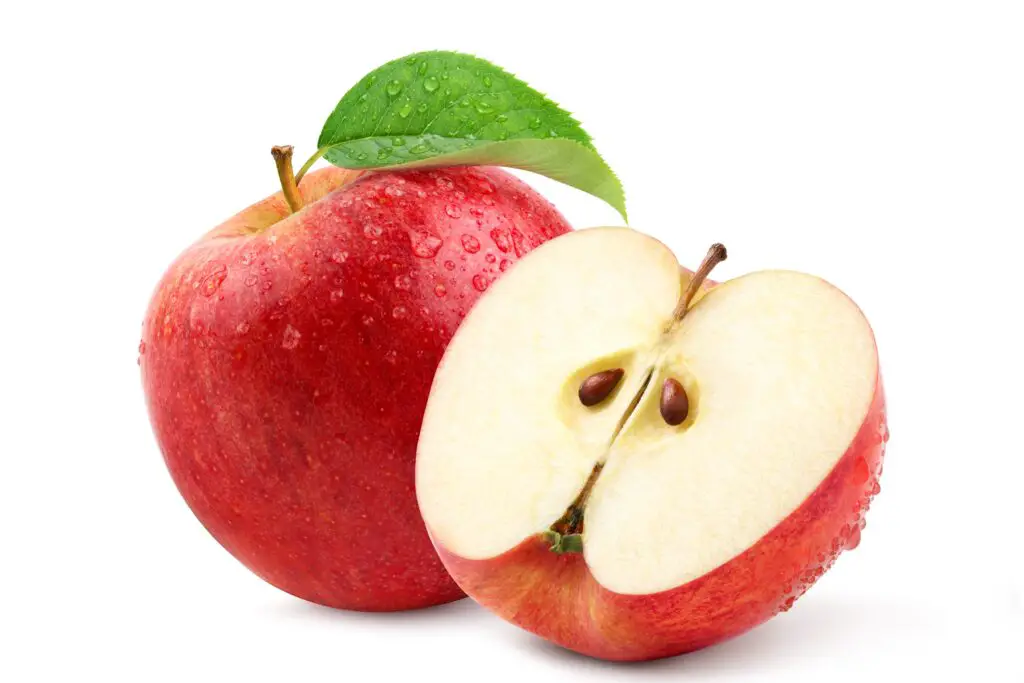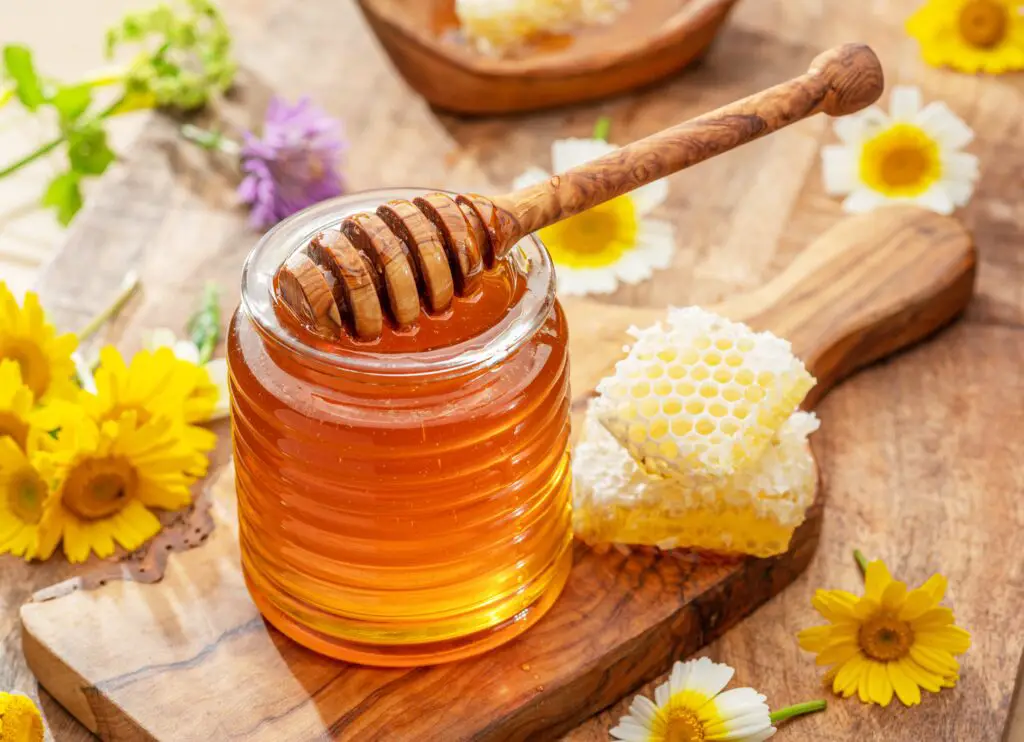1. Eating Carrots Improves Your Eyesight

We’ve all heard it: “Eat your carrots, they’re good for your eyes!” It turns out, this old wives’ tale has some truth behind it. Carrots are rich in beta-carotene, which the body converts into vitamin A, a nutrient that plays a critical role in maintaining healthy vision. Studies show that vitamin A can help prevent night blindness and support overall eye health.
While eating carrots won’t give you superhuman sight, it can definitely improve your eye function. It’s especially beneficial for your retina and may help reduce the risk of age-related macular degeneration, which affects many as they age. So, next time you snack on a carrot, you’re actually doing your eyes a favor.
2. Cold Weather Causes Colds

“Don’t go outside with wet hair, you’ll catch a cold!” This warning has been passed down through generations. While cold weather doesn’t directly cause the common cold, it can make your body more susceptible to viruses. The theory is that colder air can dry out your nasal passages, making it easier for viruses to infiltrate.
Additionally, during the winter months, we spend more time indoors, where viruses can spread more easily. So while you won’t catch a cold just from the chill, the conditions of winter definitely increase the odds. In a way, this old wives’ tale might not be as far off as we thought.
3. Swallowed Gum Stays in Your Stomach for Seven Years

Remember when you swallowed a piece of gum as a kid and someone would say, “That’s going to stay in your stomach for seven years!” It’s true that gum isn’t digested by your stomach, but it doesn’t stick around for years either. Gum is made from synthetic rubber, which can’t be broken down by stomach acids.
However, your body will eventually pass the gum through your digestive system, just like other indigestible materials. So while it’s not exactly seven years, it’s safe to say that gum doesn’t linger forever. But it’s still a good idea to avoid swallowing it in the first place.
4. An Apple a Day Keeps the Doctor Away

This simple saying has more merit than we realized. Apples are packed with nutrients like fiber, vitamin C, and antioxidants that support overall health. The fiber in apples, particularly pectin, can help lower cholesterol levels, reducing the risk of heart disease.
Additionally, apples’ high water content and low calorie count make them a great snack for hydration and weight management. While it might not literally keep the doctor away, regularly eating apples can certainly contribute to long-term health.
5. Spicy Food Gives You Heartburn

If you’ve ever indulged in spicy foods and suffered the aftermath, you know how this one feels true. Spicy foods, particularly those with chili peppers, can irritate the lining of your stomach, leading to discomfort and heartburn. The compound capsaicin in peppers can trigger the production of stomach acid, which leads to that burning sensation.
For some people, this can mean more than just a little discomfort—it could result in chronic heartburn or acid reflux. If you’re sensitive to spicy food, it’s probably wise to avoid it to prevent this uncomfortable side effect.
6. Cracking Your Knuckles Causes Arthritis

You’ve likely been told that cracking your knuckles will lead to arthritis later in life. The truth is, cracking your knuckles doesn’t cause arthritis, but it can cause other joint problems over time. The sound that comes from knuckle cracking is caused by gas bubbles bursting in the joint.
Although it’s not linked to arthritis, frequent cracking can lead to a decrease in grip strength and even cause swelling in some cases. So while it doesn’t directly cause arthritis, it can lead to joint issues that might affect your hands down the road.
7. A Spoonful of Honey Helps a Sore Throat

One of the oldest remedies in the book, honey has long been touted as a cure for sore throats. And it turns out there’s truth to this one. Honey has natural antibacterial and anti-inflammatory properties, which can help soothe irritation in the throat.
Studies have shown that honey can be just as effective as over-the-counter cough syrups in relieving symptoms of a sore throat. It coats the throat, reducing irritation and providing a mild, natural relief without the harsh chemicals found in many medications.
8. You Should Wait 30 Minutes After Eating Before Swimming

This cautionary tale has been drilled into us since childhood. While it’s true that digestion can require a lot of energy, it’s not necessary to wait 30 minutes before taking a dip. However, swimming immediately after eating can cause some discomfort, like cramping, as blood flow is redirected to your stomach.
For most people, waiting a short period, such as 15 minutes, is enough to avoid any issues. It’s not about avoiding drowning, but rather preventing the digestive discomfort that could occur if you jump into action too quickly after a big meal.
9. You Can’t Get Wet After a Bath or Shower

We’ve all heard the warnings not to get wet after taking a bath or shower, especially in cold weather. While this may seem like an odd superstition, the reasoning behind it makes sense. Damp skin can make you more prone to catching a chill, as your body is already wet and vulnerable to temperature changes.
However, getting wet immediately after bathing or showering won’t make you sick, but it can lead to discomfort or chills. Just make sure to dry off properly, and you’ll be fine. Still, it’s a good idea to avoid standing out in the rain right after drying off.
10. Eating Ice Cream Causes Mucus

We’ve all been told that eating ice cream will cause our noses to run and make us more congested. This tale is partially true, though not in the way most people think. Dairy products like ice cream can trigger an increase in mucus production for those who are already prone to congestion.
The cold temperature of the ice cream can also cause your throat and sinuses to constrict, which might make you feel like you’re congested. For most people, eating ice cream won’t have a lasting effect on mucus production, but for others, it might be enough to cause temporary discomfort.
11. Milk Helps You Sleep

A warm glass of milk before bed has long been suggested as a remedy for a restful night’s sleep. It’s true that milk contains tryptophan, an amino acid that helps the body produce serotonin, which in turn helps regulate sleep. The calcium in milk also plays a role in the brain’s ability to process sleep-related hormones.
While milk may not put you into a deep sleep right away, the calming effect it has on the body can certainly make it easier to wind down. So, next time you’re struggling to fall asleep, sipping some warm milk might just be the comforting solution you need.
12. Sugar Makes Kids Hyper

This classic tale has been around for decades: “Don’t let the kids have too much sugar, they’ll get too hyper.” In truth, there’s no direct scientific evidence linking sugar to hyperactivity. However, there’s a psychological factor at play.
When kids eat sugary treats, they often become excited, anticipating fun and energy. This excitement can lead to the appearance of hyperactivity, even if the sugar itself isn’t the direct cause. So, while the tale may not be scientifically spot-on, it’s easy to see how it developed over time.
